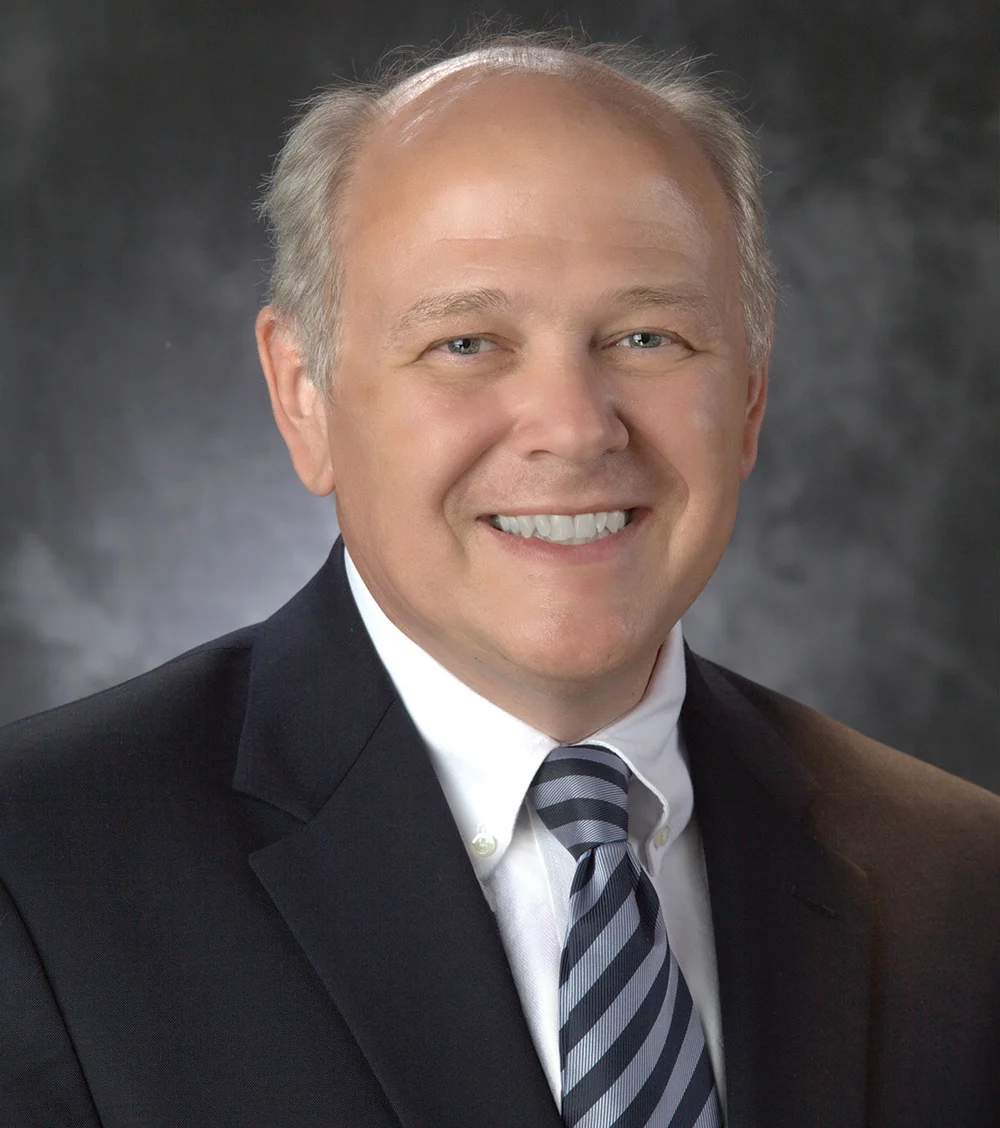
Home
Blog

Home
Blog
Investments and advances in person-centred health services and medical therapies over the past several decades have transformed how we treat and live with chronic diseases. Not all patients, however, are created equal in the eyes of research and healthcare ecosystems.
Implicit, explicit, internalized negative beliefs and attitudes (bias) about chronic diseases can interact with deeply rooted social stereotypes and labels and lead to stigmatizing healthcare practices, as well as discriminatory health and social policies. Stigma and discrimination can result in health and social inequalities at individual and population levels.
Evidence-based, practical, and context-specific actions are urgently needed to eliminate stigmatizing and discriminatory practices and policies in healthcare, education, and public policy.
That's why we're here.
1. World Health Organization 2. Hajat 2018 3. Earnshaw 2022 4. Earnshaw 2012 5. Chief Public Health Officer’s Report on the State of Public Health in Canada 2019
Chief Public Health Officer’s Report on the State of Public Health in Canada 2019




1
Engage global and local stakeholders to prioritize issues and actions in healthcare, education, employment, and public policy sectors

2
Engage global and local stakeholders to prioritize issues and actions in healthcare, education, employment, and public policy sectors

3
Develop measurable and adaptable solutions to prevent and reduce stigma in healthcare, education, employment, and public policy, focusing on impact




4
Develop and disseminate practical resources and tools to eliminate chronic disease stigma; challenge damaged identities and labels (public/social campaigns, communities of support, personal stories)

5
Create and implement training programs and resources to change practices in healthcare, workplaces, schools and public settings

6
Make stigma evidence accessible, timely, and relevant to policy-makers; collate evidence base to inform public policies; provide high quality evidence, norms, standards, resources, and training to policy-makers





